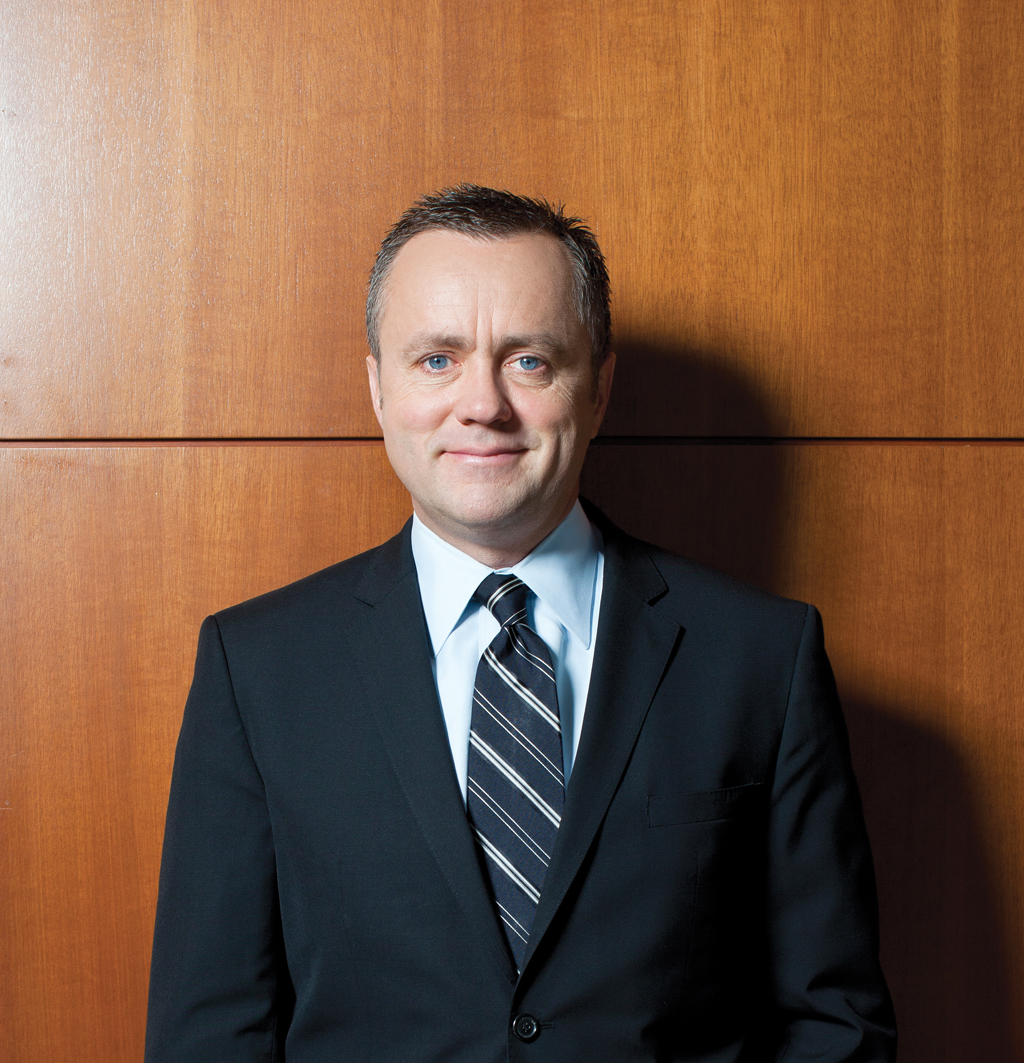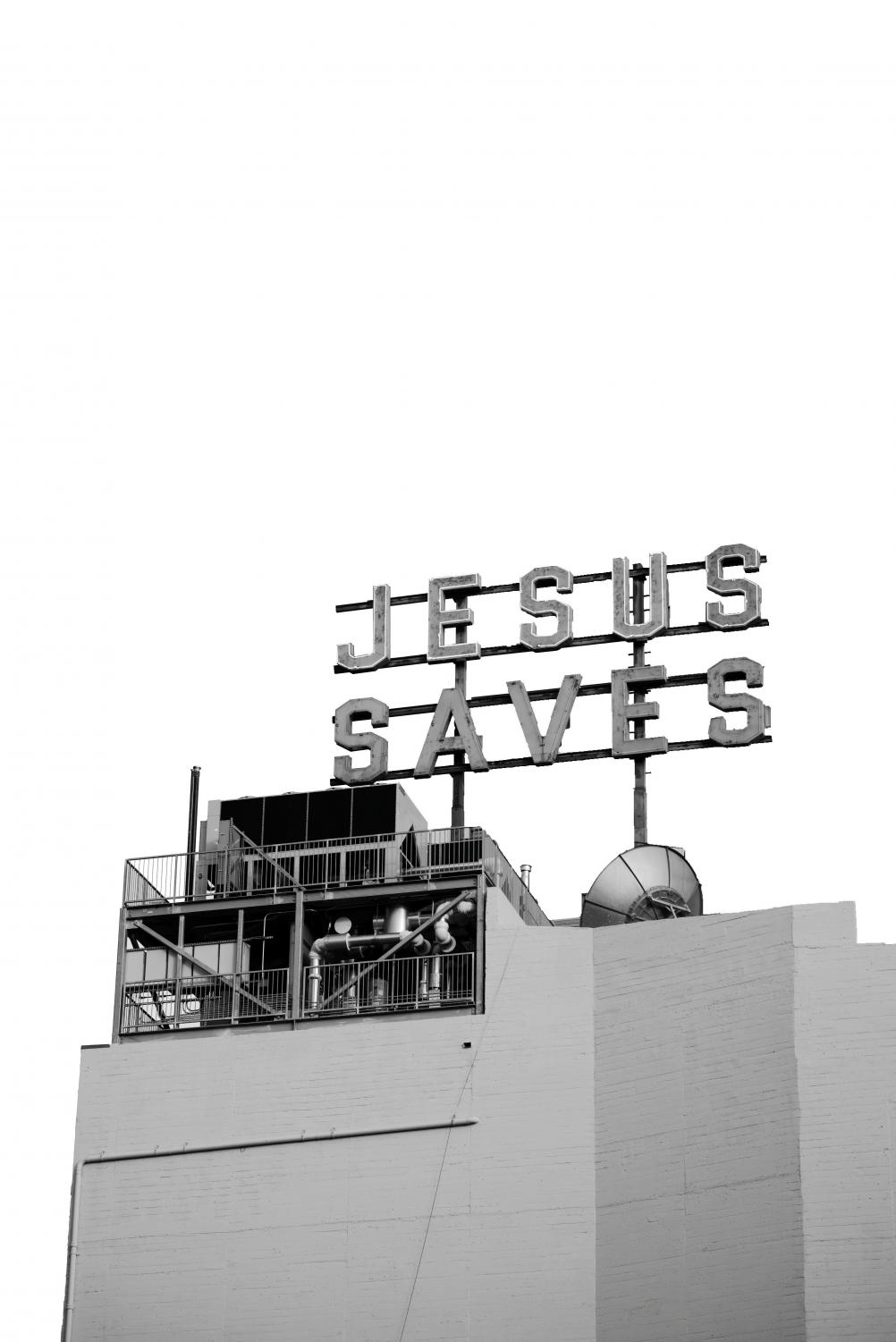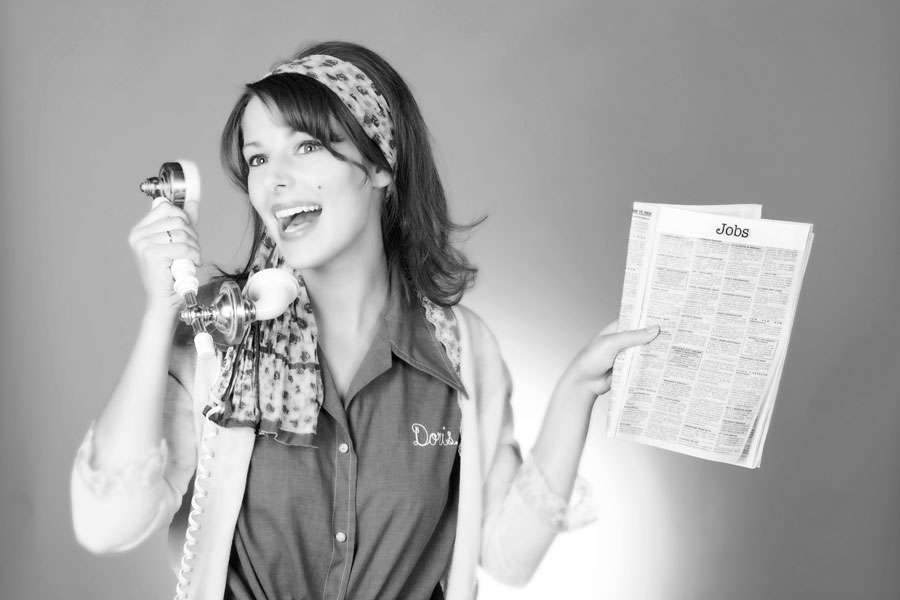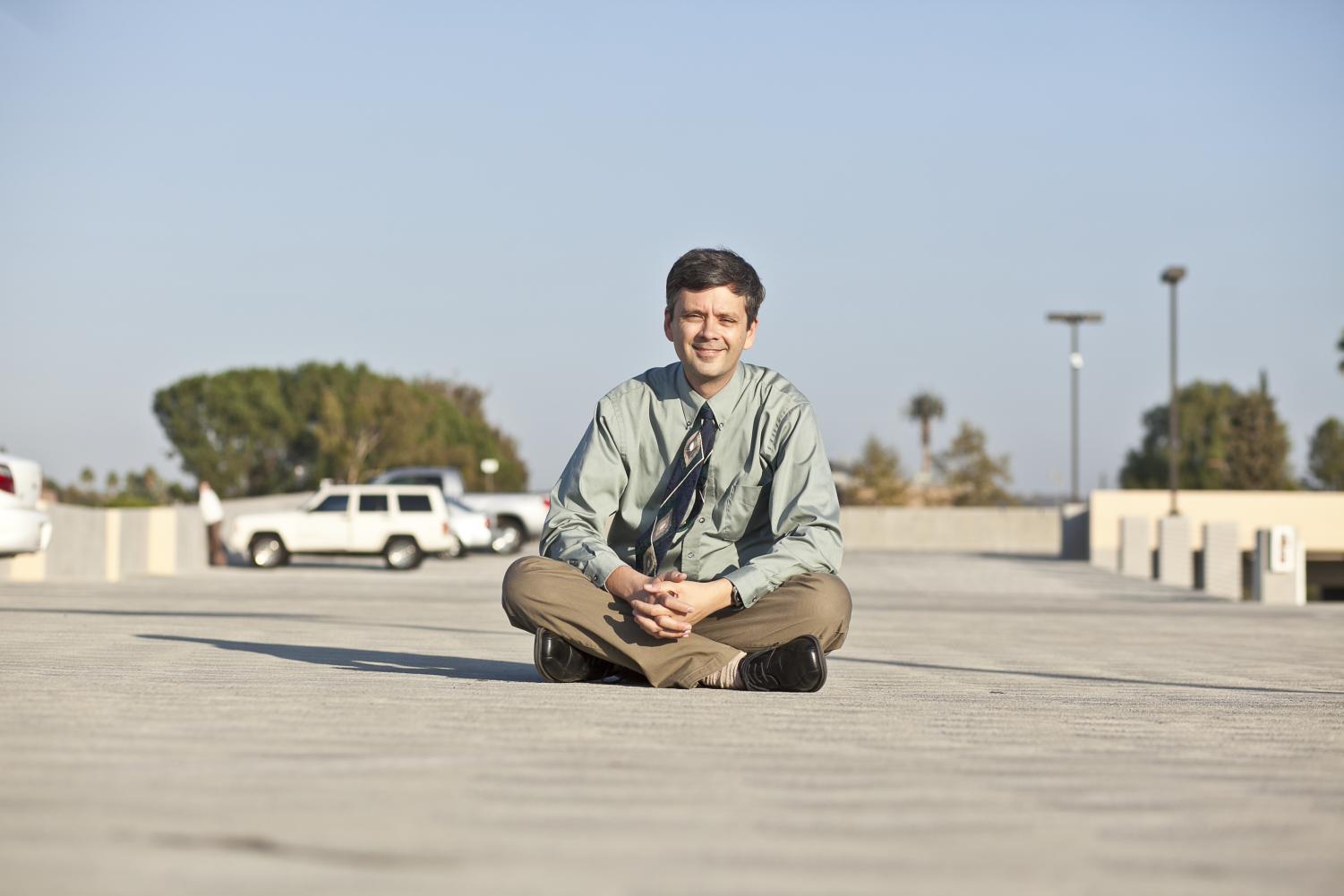Written by Sarah Jean
“So what have you done with your life?”
Today, with a Fulbright scholarship, a B.A., M.A., and Ph.D. over 5,000 friends on Facebook, and even his own Wikipedia page, few would think it hard for Biola University President Barry Corey, Ph.D. to answer this question. Years ago, though, he wasn’t so sure.
Five years out of college, at the age of twenty-seven, Corey went through what he calls a “crisis of normality.”
“We were just a middle class family, everyone was a Christian, we all loved Jesus, we all loved each other.” Corey says his “security crutches” were never kicked out from under him.
The cure to his normality crisis? Bangladesh. The Fulbright scholarship paid for his trip to the small country bordered by India and Burma. He lived there for a year doing research and working with children in schools. Other graduate students were going to other countries too, but mostly to pursue international careers — not to live among the poor.
“It gave me perspective,” said Corey “I remember walking out of my apartment this one time, and right in the middle of the road was a guy who had no arms no legs and just kind of held a tin bowl in his mouth.” The man was able to maneuver his body down the street by rolling and with each turn he would catch the bowl upright to keep the coins from scattering on the ground.
“I walked the other way,” Corey says. “I didn’t want to walk towards him.”
Corey’s repulsion in this encounter stemmed from feeling out of control, a feeling he now realizes everyone does — and must — experience.
“You want to have children and you can’t, you want to get married and you don’t, and you want to save to buy a house and you get laid off. Whenever we’re trying to measure our success by those certain things, the stuff that we can touch, invariably there’s going to be great disappointment, because so much of that we have so little control over.”
Whether a personal or communal disappointment — discomfort from losing a job or discomfort from meeting someone like the man Corey met in Bangladesh — the answer isn’t to freeze and turn in the other direction. Corey suggests instead aiming for something other than certainty.
“If you live your life for confidence, confidence is different than certainty. Confidence comes from the Latin words “con” — ‘with’ — and “federe” — ‘faith.’ We have to trust what is going to happen tomorrow because all the certain stuff can disappear. Marriages can fall apart, parents get divorced, investments fail, houses burn down, children aren’t born. If we were defining our success by banking on certainty we’re going to be disappointed. Certainty means we know what’s going to happen tomorrow, and we don’t. Confidence means I trust what’s going to happen tomorrow.”





